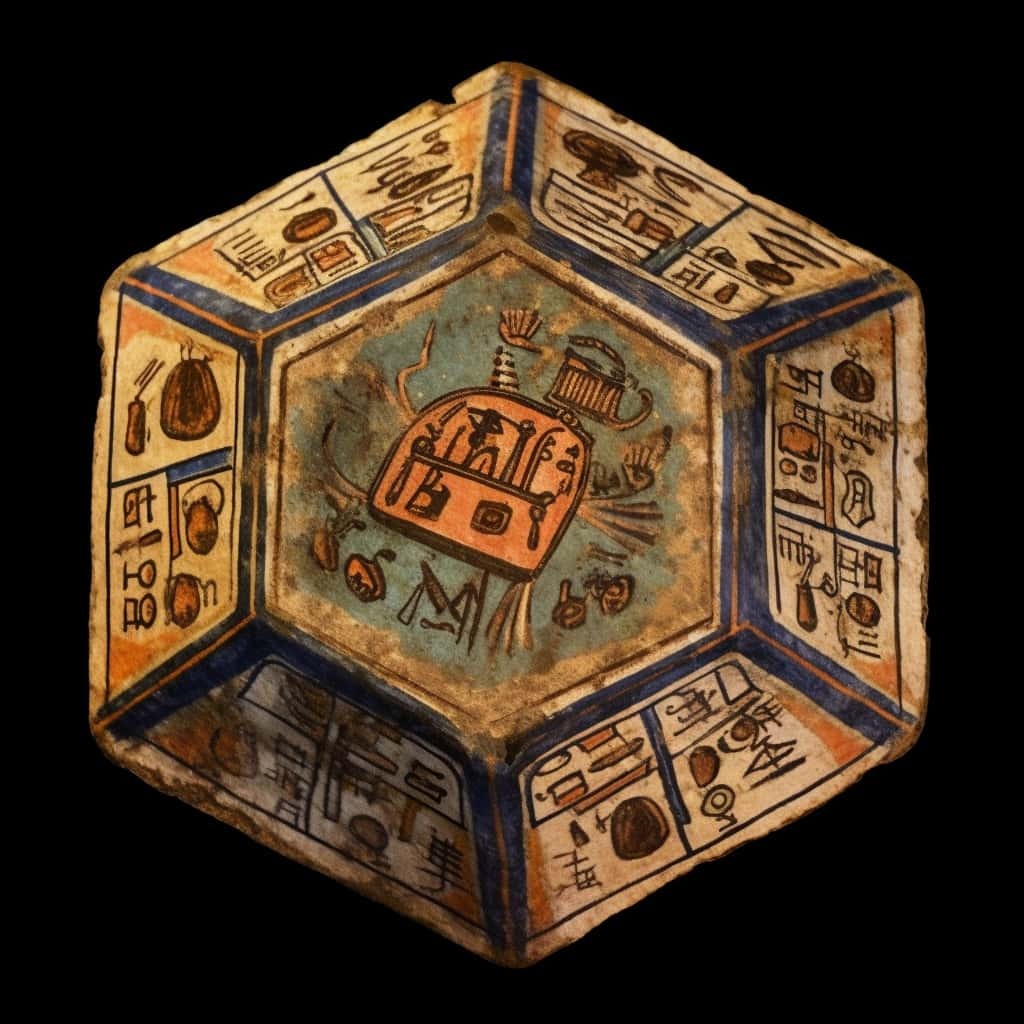Hello there! I’ve been OSR-curious for a few years now. I like sandbox games where the dice decide reactions, weather, random encounters, etc because that keeps things interesting even for the GM. Incidentally, it also works great for solo play which I like.
However, while the older versions of D&D and retro clones commonly associated with OSR are good games, they’re not my preferred type of game. I want the “powers” that newer games gives me as a player, with more mechanics per class. Therefore, I prefer games like Pathfinder over Old School Essentials.
So, while I think I have a decent grasp of what OSR is, I’m not quite sure what NSR is; my impression is that NSR means “playing in the OSR style, but with modern mechanics”. Is that correct, or maybe I’m completely off the track?
There are no precise definitions, no good distinction, and nobody really needs one anyways.
My personal definition: NSR is OSR without the nostalgia. So instead of glorifying old D&D versions, NSR games remove unnecessary complexity and the systems are simpler but just as fun.
I think pandatheist at the Bone Box Chant blog does a solid job defining it here (and expanding on it in a followup post): https://boneboxchant.wordpress.com/2019/12/21/nsr/
To quote the definition, NSR games:
- Have a GM, Weird Setting, & Living World
- Are Rules Light & Deadly (or Consequential)
- Focus on Emergent Narrative, External Interaction, & Exploration
I think all of those things (except maybe Weird Setting IMO) cover the genre well with an intentionally broad and inclusive definition. I also think looking at examples may be most illustrative and understand that it’s more a community than one particular set of traits. Yochai Gal (of Cairn fame) has a great article on this very idea: https://newschoolrevolution.com/2022/05/04/the-new-new-school-revolution .
This is a good answer. As the blogpost says, I would separate the NSR design community and the NSR philosophy into two related but distinct categories; essentially what @Enfors@lemm.ee suggested is correct. Cairn for example is very much an “OSR game” in that it focuses on lethality, problem solving, critical thinking, emergent narrative, and so on. But it eschews B/X compatibility (not even close!).



